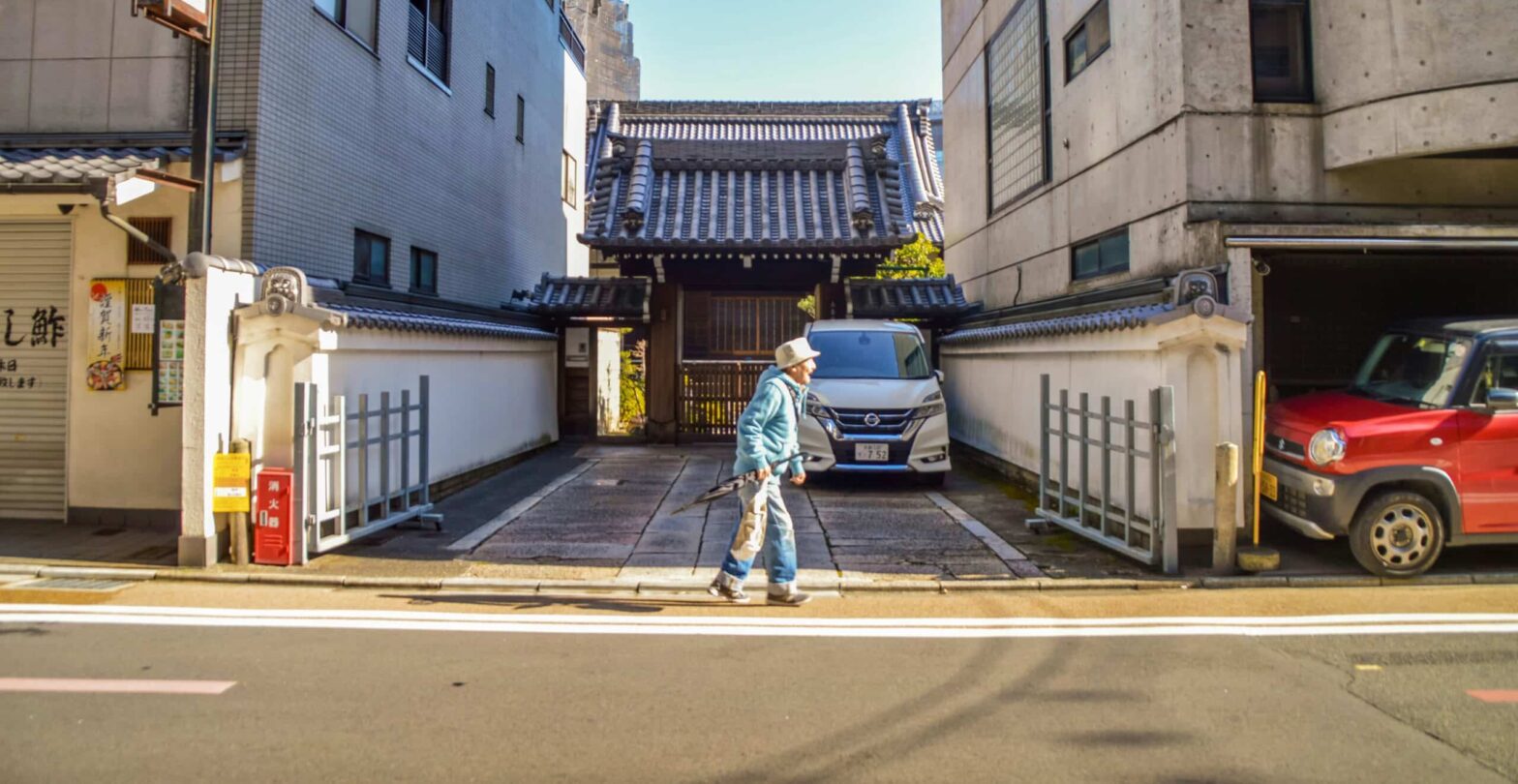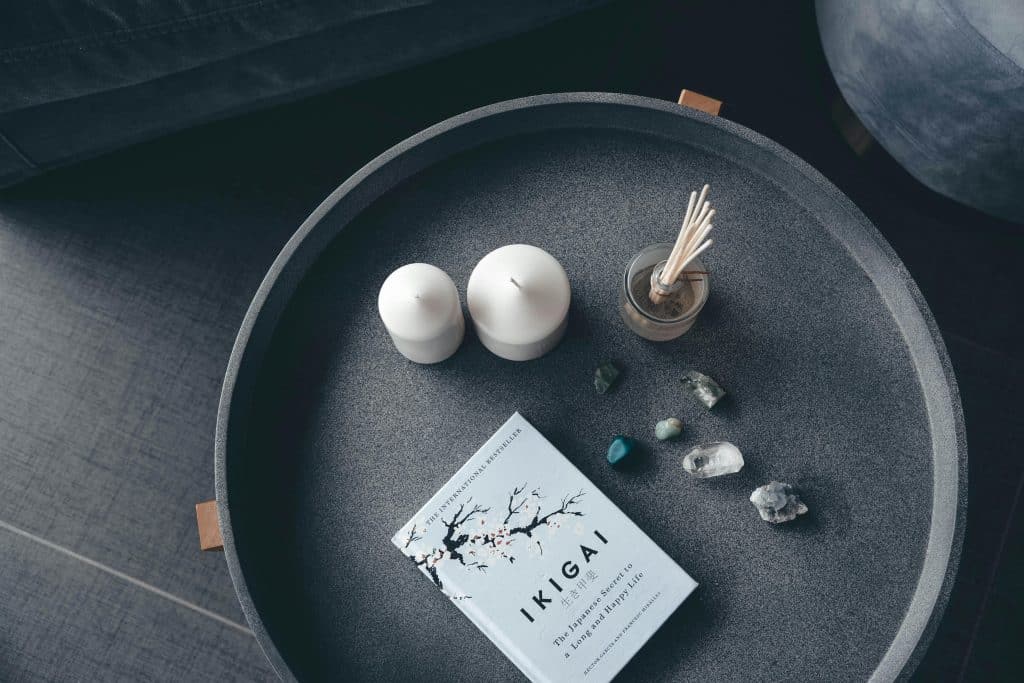In an ever-changing world where people are now obsessed with living longer and healthier lives, the phrase “Blue Zones” has become a symbol of hope. These unique places around the globe are homes to some of the healthiest and longest-living individuals on the earth. As the world gets more interconnected, many expatriates are attracted to these Blue Zones for not just new places to live but for life choices that would guarantee them long healthy lives. What are Blue Zones as a concept, what are their defining characteristics and why they are known as healthiest countries in the world for expats?
What are Blue Zones?
The term ‘blue zones’ was coined by Dan Buettner who is a National Geographic fellow and journalist after carrying out intense researches on areas around the world characterized by people who live longer than average. There are five such regions identified by Buettner and his team, which he refers to as blue zones; Okinawa (Japan), Sardinia (Italy), Nicoya (Costa Rica), Ikaria (Greece) and Seventh-day Adventist community in Loma Linda, California (USA).
These areas have both geographical diversity and cultural variety each having its own traditions, diets and ways of life. However, all these zones have several lifestyle factors that make their people continue living longer at better health, and the environment they live in also contributes significantly to their life expectancy.
Key Characteristics of Blue Zones
It is not only about how old they get but also how well they actually live. These communities share common lifestyle traits considered key pillars of their good health status, extending their age and lifespan.
Longevity Diet
One of the most critical factors behind longevity among inhabitants of blue zone regions is dieting pattern; predominantly plant based foods comprising vegetables, fruits legumes whole grains while meat is taken sparingly mostly on occasions rather than daily basis thus low processed food or added sugar, unhealthy fats which are common in other diets.
For instance, Okinawa, Japan’s diet consists of a variety of vegetables mainly green leafy ones, tofu, sweet potatoes and fish. Sardinia, Italy’s population consumes a Mediterranean diet rich in whole grains, beans, vegetables and olive oil. This kind of diet has been known to have many health benefits like lowering the risks of heart diseases cancer among other chronic illnesses.
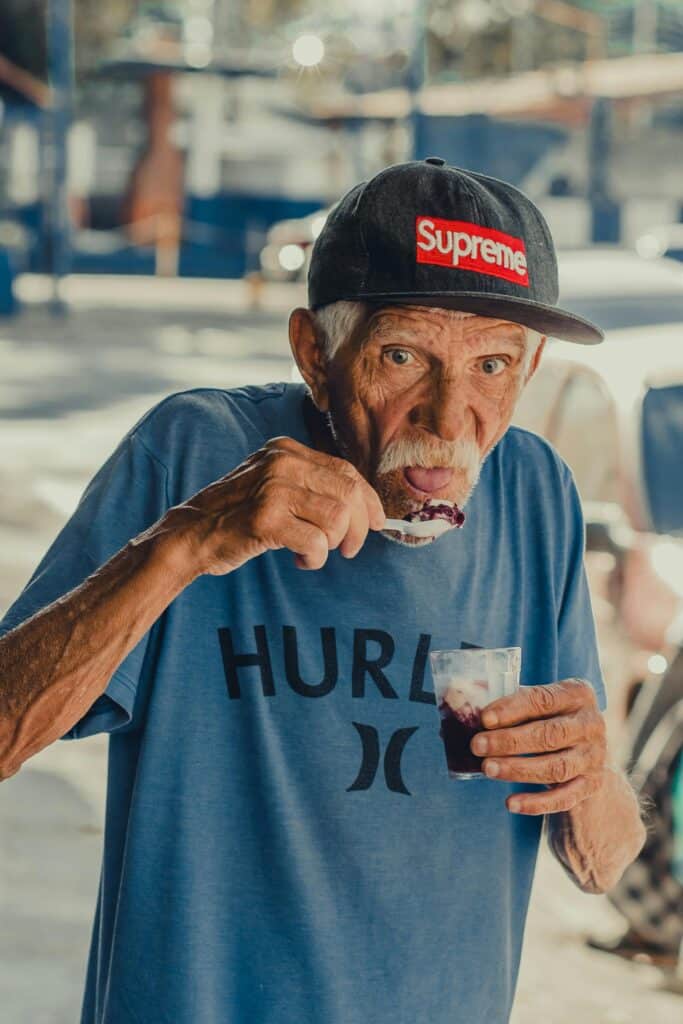
Another important aspect is how much they eat at a given time. Meal sizes are reduced for Blue Zone dwellers; culture often dictates this practice. In Okinawa for example “Hara Hachi Bu” which means eating until 80 percent fullness is customary. By doing so overeating can be avoided thus maintaining healthy body weight that is essential for longevity.
Exercise as a way of life
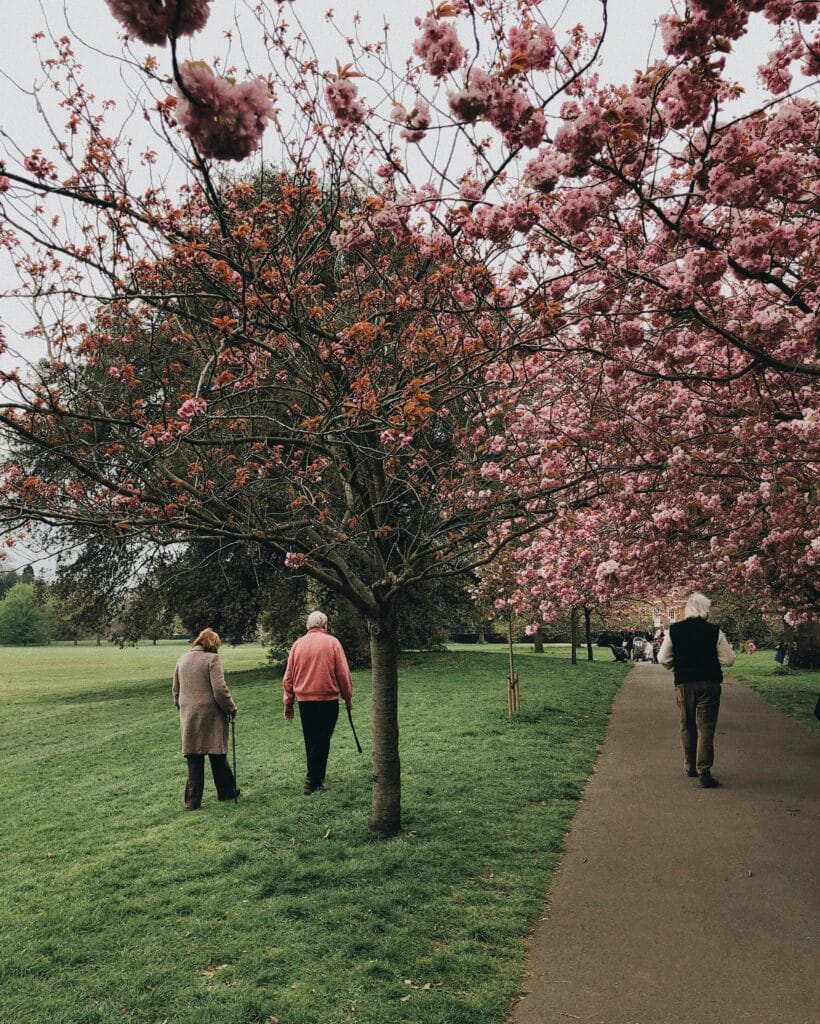
In the blue zones, physical activity is an important part of everyday life, but not in the way modern fitness culture often prescribes. Rather than intense workouts or gym sessions, people in these regions include natural forms of low-intensity exercise in their daily routines like walking, gardening, farming, and other forms of manual labor to keep them active throughout the day. This regular activity is also a key part of their daily project to maintain well-being.
For instance, Sardinians live in mountainous areas where everyday activities involve ascending and descending steep slopes. In Nicoya, Costa Rica however residents engage themselves in such physically demanding work as farming thus they are always on the move. Such consistent moderate exercises are crucial for maintaining muscle strength, cardiovascular health and general wellness of aging individuals.
Community and social connections
Strong social ties and a sense of belonging are fundamental aspects of life in Blue Zones. These communities are closely-knit with a lot of interactions between residents who have close familial ties with each other. Social engagement and support networks are essential for mental well-being, which leads to physical health gains, reducing the risks of stress-related illnesses.
In Okinawa for example “Moai” which refers to group friends who share common support systems is a central concept. Similarly strong family bonds exist in Sardinia , elders are taken care off , respected hence giving them a purpose reducing chances of depression due isolation or loneliness.
Furthermore it builds this tight knit community where people feel valued and supported by others instead .This not only enhances psychological wellness but also aids individuals cope with stressors while living long lives.
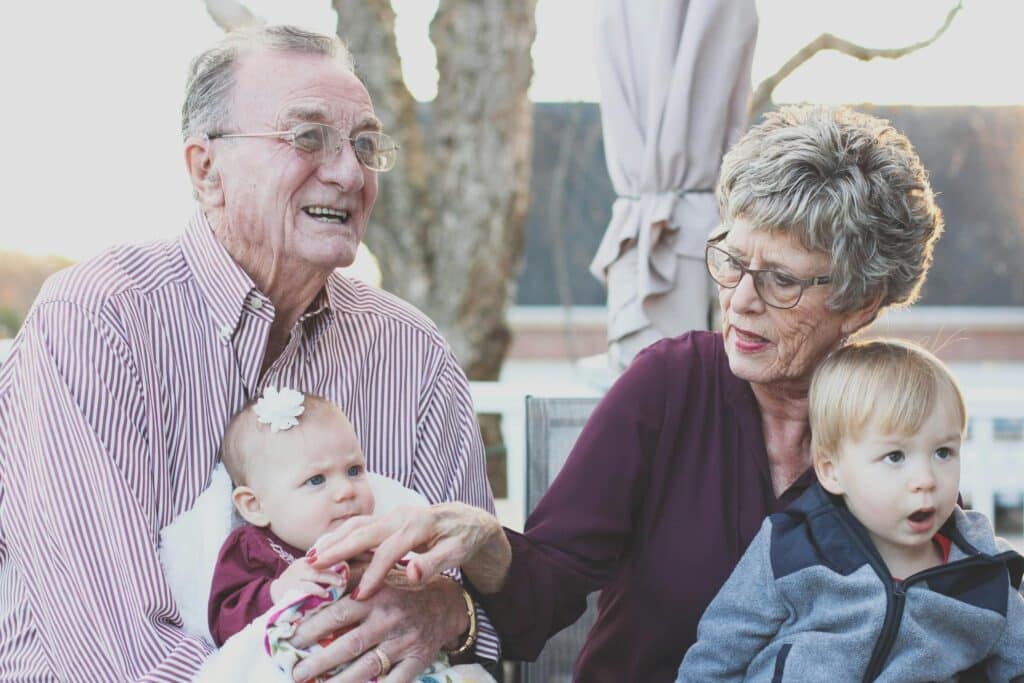
Purpose and meaning in life
Having purpose is another attribute shared by those residing within blue zones. This “why” or reason for waking up every morning is known as “Ikigai” (Okinawa) or “Plan de Vida” (Nicoya). As such, people view these goals as directions that guide them through their lives, thereby reducing stress and associated health risks, improving mental health outcomes, and increasing life expectancy.
Indeed, in the blue zones, many people stay involved in their communities even after they retire by working, volunteering or even taking care of grandchildren. Such engagement in meaningful activities contributes to overall happiness and life satisfaction, both of which are very important for long-term health reasons.
Blue Zones: A Blueprint for Expats Seeking Health and Longevity
There is more to living in a blue zone country as an expat than just moving to another place with impressive views; it’s an opportunity to adopt a way of life that has been shown to improve health and make us live longer. However, one should note that merely relocating to these parts may not necessarily result in the same benefits experienced by those living there. What really matters is emulating characteristics of lifestyles found within these communities instead. This is particularly important when adjusting to a new environment and understanding that longevity is a lifelong project.
Changing the diet
For instance, expatriates can eat more plant-based foods like those consumed in Blue Zones. This entails a reduction of processed foods as well as focusing on fresh whole foods. Besides, portion control and mindful eating will help them maintain healthy weights, thus avoiding common diet-related maladies that could shorten their life expectancy.
Impulsively Delighting In Exercise
Also important is working out daily in a moderate and balanced way. This could mean walking to work or cycling, gardening, or just living in a way that encourages you to move around for most of the day. The aim is to make physical activity seem natural rather than forced.
Linking the Community
Another significant issue regarding expats living abroad is the formation of new social networks which can support their overall happiness and well-being. It may involve getting involved in community activities, attending various events together with other locals or simply forming deep connections.
Discovering Reason
It also has an enormous impact on an expat’s life when they find purpose in a new country. Whether it be through jobs, volunteering or taking up hobbies, having a reason to wake up every morning can lead to a happier life.
Conclusion
Blue Zone populations offer important information about how lifestyle choices can significantly affect health and lifespan. If they are aimed at more than just finding another place to live but also improving the quality of their lives overseas, these areas have been identified as offering guidelines for living longer and healthier lives. Expats can improve their wellbeing by adopting dietary habits, patterns of physical activity, social networks and sense of purpose that characterize Blue Zone communities thereby adding some years into their lives.
Living in a Blue Zone country means far more than just relocating; it paves the way for embracing comprehensive healthcare systems universally applicable across different societies globally. Whether it’s Okinawa Island, Sardinia, or any other Blue Zone; people who make the necessary changes may live longer lives that are disease-free and do so in a supportive environment that fosters longevity at every age.
